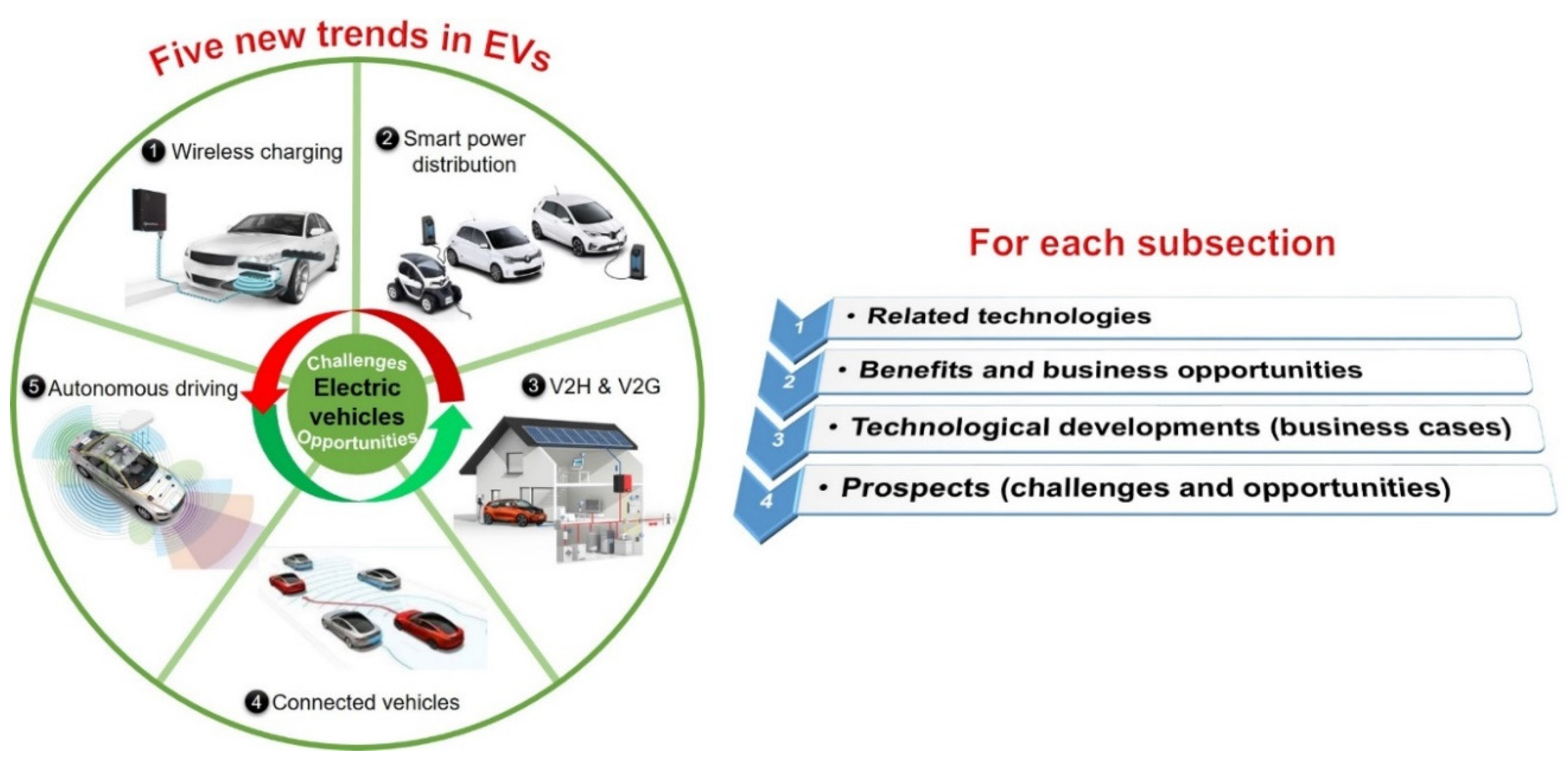BMW And Porsche's China Challenges: A Growing Trend In The Auto Industry

Table of Contents
The Intensifying Competition in the Chinese Luxury Car Market
The Chinese luxury car market is no longer dominated solely by established international players. Domestic brands like Nio, Xpeng, and BYD are rapidly gaining ground, leveraging technological advancements and aggressive pricing strategies to capture significant market share. This intense domestic competition presents a formidable hurdle for BMW and Porsche.
- Market Share Gains: Chinese electric vehicle (EV) manufacturers are steadily increasing their market share, particularly in the luxury segment. Nio, for example, has seen impressive growth in sales, directly impacting the sales figures of traditional luxury brands.
- Technological Features: Chinese competitors are often at the forefront of technological innovation, offering advanced features such as autonomous driving capabilities, sophisticated infotainment systems, and cutting-edge battery technology, features that are increasingly important to Chinese consumers.
- Pricing Strategies: Domestic brands frequently offer competitive pricing, often undercutting established brands, making their vehicles more accessible to a wider range of Chinese luxury car buyers. This aggressive pricing strategy directly impacts the profitability and market positioning of BMW and Porsche.
Navigating China's Unique Regulatory Landscape
The Chinese automotive market is characterized by a complex and ever-evolving regulatory landscape. Foreign automakers face numerous challenges, including stringent emission standards, high import tariffs, and complex data privacy laws. Navigating this regulatory maze is crucial for success.
- Import Tariffs: High import tariffs significantly increase the cost of importing vehicles into China, impacting profitability and pricing strategies for foreign brands like BMW and Porsche.
- Emission Standards: China's increasingly stringent emission standards necessitate significant investment in research and development to ensure compliance, adding to the operational costs for international automakers.
- Data Privacy: China's data privacy laws impose stringent requirements on how automotive data is collected, stored, and used, demanding substantial investment in compliance measures and potentially limiting the functionalities offered to consumers. This regulatory hurdle requires careful navigation to avoid significant penalties and maintain customer trust.
Understanding and Adapting to Chinese Consumer Preferences
Chinese luxury car buyers are sophisticated and discerning. Their preferences are evolving rapidly, placing a premium on technology, brand image, and social status. Understanding and catering to these evolving preferences is paramount for luxury brands.
- Successful Marketing Strategies: Brands like Li Auto have successfully targeted Chinese consumer preferences with sophisticated marketing campaigns emphasizing features valued by this demographic. These strategies highlight the importance of adapting to local market conditions.
- Digital Marketing and Social Media: Given the high penetration of digital channels in China, a robust digital marketing strategy, incorporating social media engagement, is crucial for reaching and influencing potential buyers. Ignoring this channel significantly hampers the market reach for foreign brands.
- Product Design and Features: Product design must reflect the preferences and demands of Chinese consumers. Features highly valued in China might differ significantly from those in other markets. Understanding these nuances is vital for creating products that resonate with this target audience.
Supply Chain Disruptions and Economic Uncertainty
Global supply chain disruptions and economic uncertainty add another layer of complexity to the challenges faced by BMW and Porsche in China. These factors directly impact production, sales, and overall profitability.
- Supply Chain Disruptions: The impact of global chip shortages and logistical bottlenecks has resulted in production delays and reduced vehicle availability, significantly affecting sales performance.
- Economic Uncertainty: Economic downturns or fluctuations in the Chinese economy can significantly impact consumer spending, affecting demand for luxury vehicles, and thus the revenue streams of BMW and Porsche.
- Risk Mitigation Strategies: BMW and Porsche are actively implementing risk mitigation strategies, such as diversifying their supply chains and enhancing their resilience to economic volatility. These efforts are critical for long-term survival and success in the Chinese market.
Conclusion
The Chinese automotive market presents a complex and dynamic environment for luxury brands like BMW and Porsche. The intensifying competition from domestic brands, the intricate regulatory landscape, the evolving preferences of Chinese consumers, and the impact of global economic uncertainty represent significant challenges. Success hinges on adaptability, strategic planning, and a deep understanding of the unique characteristics of the Chinese market. To thrive, these brands must invest in technological innovation, comply with regulations, tailor their products and marketing to Chinese consumer preferences, and build resilience against economic volatility. Learn more about BMW and Porsche's strategies in the Chinese market and analyze the future trends shaping the BMW and Porsche China challenge to gain a deeper understanding of this crucial and evolving market.

Featured Posts
-
 Trumps Ukraine Proposal Kyivs Urgent Response Needed
Apr 22, 2025
Trumps Ukraine Proposal Kyivs Urgent Response Needed
Apr 22, 2025 -
 Razer Blade 16 2025 Review Ultra Settings On A Thin Laptop
Apr 22, 2025
Razer Blade 16 2025 Review Ultra Settings On A Thin Laptop
Apr 22, 2025 -
 Automation In The Sneaker Industry The Case Of Nike
Apr 22, 2025
Automation In The Sneaker Industry The Case Of Nike
Apr 22, 2025 -
 Fsus Post Shooting Plan Resuming Classes Amidst Controversy
Apr 22, 2025
Fsus Post Shooting Plan Resuming Classes Amidst Controversy
Apr 22, 2025 -
 Celebrities Who Lost Homes In The La Palisades Fires A Complete List
Apr 22, 2025
Celebrities Who Lost Homes In The La Palisades Fires A Complete List
Apr 22, 2025
